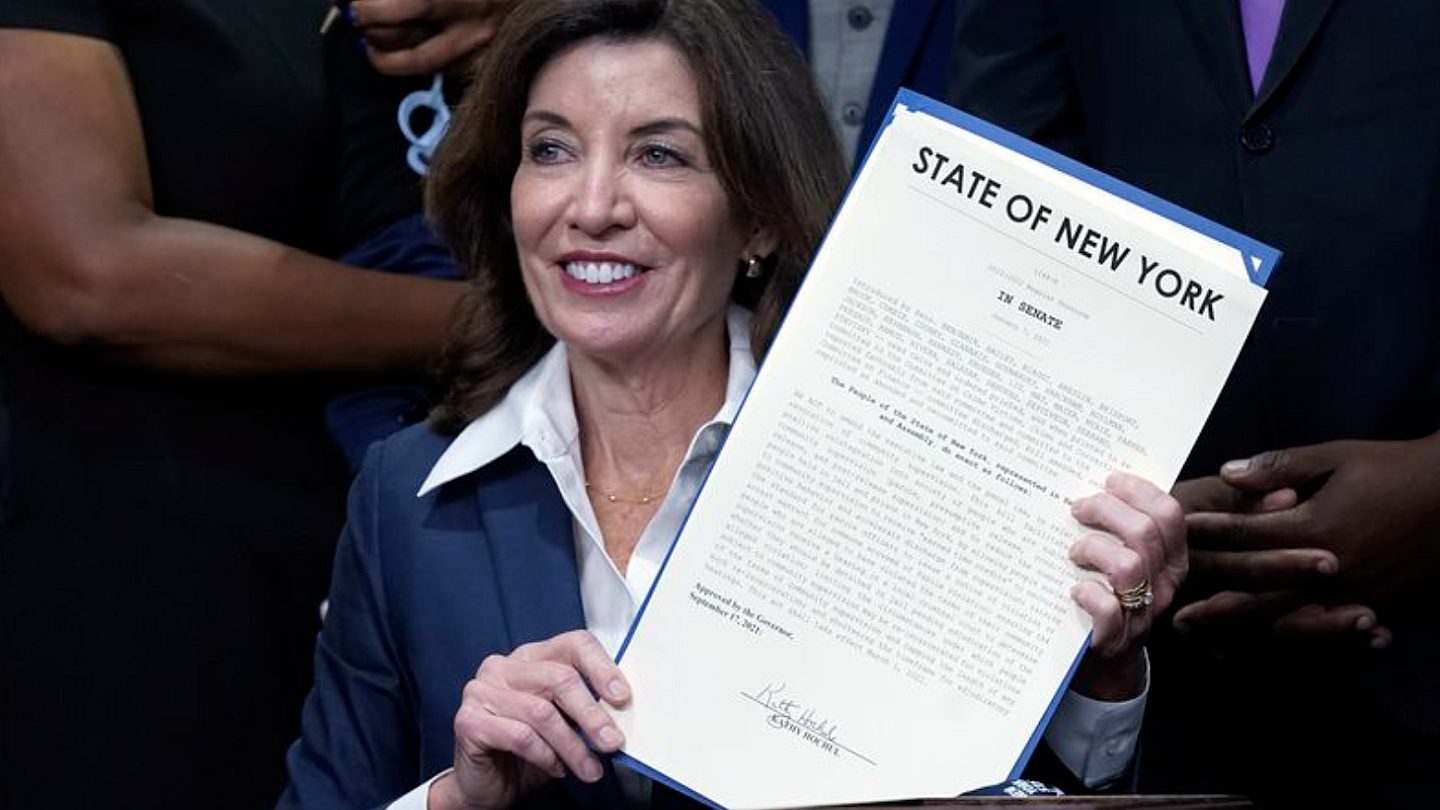News
Celebrate New York’s Parole-Prison Progress
On March 1, major provisions of the Less Is More NY Act went into effect. This is an important step towards justice reform that ends the incarceration of New Yorkers for most technical parole violations.

On Sept. 19, 2021 — two days after Gov. Hochul signed the Less is More Act into law — Isa Abdul-Karim passed away in New York City’s notorious Rikers Island jail complex. The 42-year-old father of two, a wheelchair user who was at high risk for COVID-19 infection due to hypertension and diabetes, succumbed to the virus after contracting it while incarcerated. Abdul-Karim would probably never have died if the Less is More Act, which goes into effect today, had been law when he was incarcerated.
This law makes long-overdue changes to New York’s practice of incarcerating thousands of people annually for non-criminal, technical parole violations. While the bill hung around for two years awaiting passage, real people like Abdul-Karim continued to be incarcerated and suffer harm for technical violations like missing appointments or testing positive for drugs. Indeed, the first two people to die from COVID in Rikers were both incarcerated for technical parole violations. The law’s implementation will substantially curb the costly, ineffective and sometimes tragic practice of locking people up as they struggle to succeed post-prison.
When Less is More was first sponsored, New York State imprisoned more people for crimeless parole violations than any other state. This is ironic because parole was first launched in the U.S. in New York’s Elmira Penitentiary in 1876 as a helpful project to reduce incarceration and improve reentry. Since then, parole nationally, and especially in New York, has become a major contributor to mass incarceration. Fully 40% of those entering New York’s prisons in 2019 were being sent away for technical parole violations rather than new convictions.
These punishments are by no means meted out equally. Statewide, Black and Latino people are significantly more likely than white people to be under supervision, to be jailed pending a violation hearing, and to be incarcerated for a parole violation.
Read the full article here.